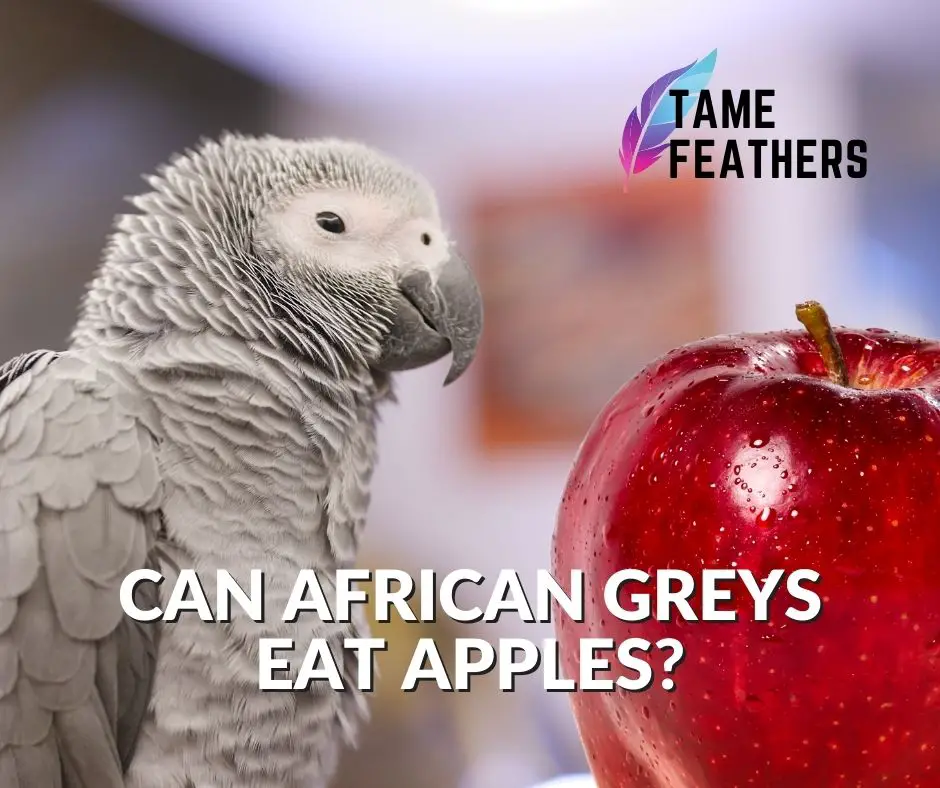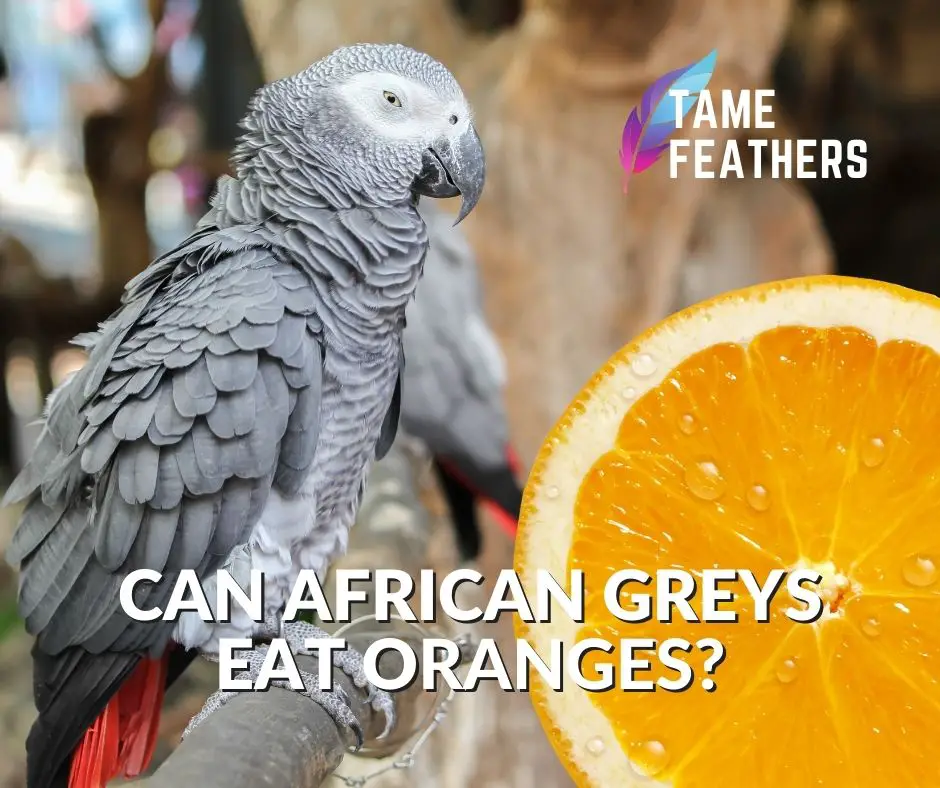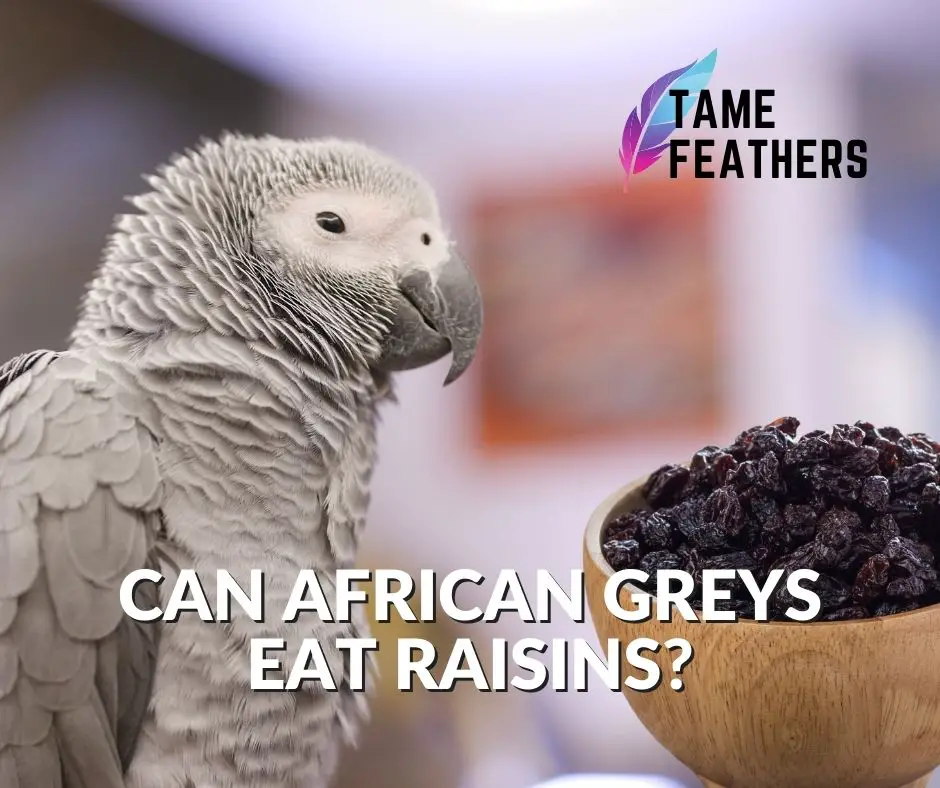Safety and Nutritional Value of Bananas for Ducks
Bananas are one of the most popular fruits across the globe, offering a versatile and delectable taste that people from various cultures enjoy. Given their widespread availability, it’s natural to wonder whether certain human foods, such as bananas, can be fed to your pet ducks.
Bananas are safe for ducks when offered in moderation. They contain essential nutrients such as vitamins A and C, potassium, magnesium, and dietary fiber. These nutrients play vital roles in maintaining a duck’s overall health by promoting healthy vision, proper muscle function, cellular growth and repair processes. However, despite their nutritional benefits, it is crucial to understand that bananas should only be provided as an occasional treat due to their high sugar content.
The primary source of nutrition for ducks comes from grains and other plant-based foods like seeds or aquatic vegetation that they naturally graze on while foraging. While it’s tempting to provide your ducks with sweet treats like bananas regularly or solely rely on these foods as meal substitutes due to convenience, doing so can lead to health issues if not kept in check.
Precautions When Feeding Ducks Bananas
As mentioned earlier, though bananas offer nutritional value to ducks when fed occasionally, some precautions must be taken into consideration. These precautions help keep your waterfowl pets happy and healthy while enjoying these treats without compromising their well-being.
Firstly, avoid feeding ducks overripe or moldy bananas. Overripe fruits may harbor harmful bacterial growth that can upset a duck’s digestive system or cause illness. Similarly, moldy food items should never be offered as they contain toxic compounds detrimental to waterfowl health.
Secondly, never provide banana peels to your feathered friends. The peels may contain pesticide residue or contaminants that could be unhealthy for ducks, even when thoroughly washed. Moreover, banana peels can pose a choking hazard and are not easily digestible.
Lastly, always monitor ducks for any unusual behavior following the introduction of a new food item like bananas into their diet. Keep an eye out for symptoms of digestive upset such as gagging or vomiting, diarrhea, loss of appetite, or lethargy. If you notice any adverse reactions after feeding your ducks bananas, promptly consult with a veterinarian specializing in avian care.
Proper Portion Size of Banana Treats for Ducks
When offering bananas to your ducks as occasional treats, it is crucial to remember that moderation is key. As high-sugar fruits may lead to weight gain and other health issues if fed excessively, offer only a small amount at a time – around one teaspoon per duck is sufficient.
It’s important to emphasize that treats should not comprise more than 10% of the total dietary intake for your pet ducks. The remainder should consist primarily of commercial waterfowl feed designed explicitly for these species’ unique nutritional needs.
Remember that portions should be sized appropriately according to the age and size of the duck being fed. Make sure to cut pieces into small chunks that are easy-to-eat and swallow.
Banana Preparation Techniques for Duck Consumption
There are several ways you can offer banana treats to your ducks safely while ensuring they enjoy them too!
One technique involves gently mashing up ripe bananas (always remove peels) until they’re soft enough for easy consumption by the ducks. This method makes it easier for younger or smaller-sized waterfowl species such as ducklings to dive in without difficulty.
Alternatively, try slicing ripe bananas into thin pieces or chopping them into bite-sized portions. As some ducks enjoy picking at fruit bits, providing them with smaller portions allows for more straightforward digestion and minimizes choking hazards.
Alternatives to Bananas as Occasional Treats in Duck Diet
Although bananas are a nutritious treat option for ducks, it’s beneficial to provide variety in their diets by introducing other fruits and vegetables occasionally. Some great alternatives include:
– Leafy greens such as kale or lettuce
– Apples (avoid seeds)
– Berries like blueberries and raspberries
– Seedless grapes (chopped)
– Cucumber slices
– Cooked, unsalted peas
Remember that treats should always be served alongside a balanced diet appropriate for ducks’ specific nutritional needs. Maintaining diversity will not only keep your ducks happy but also ensure they receive essential nutrients.
Balancing a Healthy Duck Diet with Grains, Vegetables, and Fruits
A well-balanced duck diet includes a mixture of grains or commercial waterfowl feeds along with an assortment of fruits and vegetables, which provide essential nutrients that contribute to the overall health of your pet ducks. As previously mentioned, occasional treats like bananas should make up no more than 10% of their total dietary intake; the rest should come from their primary feed source.
In addition to fruits and veggies offered as treats, it’s crucial to provide fresh drinking water at all times. Ducks require ample clean water not only for hydration purposes but also for various activities like bathing or playing.
Natural Food Sources vs. Non-Native Foods in a Duck’s Diet
Ideally, offering food items that ducks would naturally find in their habitat is best when considering what to feed them. Insects, snails, worms, seeds, aquatic vegetation are some common natural food sources consumed by wild ducks.
However, for domesticated ducks being raised in backyards or urban environments, providing a well-rounded diet becomes more challenging. Many domesticated ducks may not have access to natural foraging opportunities; hence, the reliance on commercial waterfowl feeds and supplemental snack options like bananas and vegetables become necessary.
Ingredients to Avoid or Limit in a Domesticated Duck’s Meal Plan
While diversity is essential in maintaining a healthy duck diet, it is crucial to keep in mind that not all human foods are safe for duck consumption. There are certain ingredients that should be limited or avoided in their meal plans:
– High-sugar foods (pastries, candies)
– Excessively salty items (popcorn, crackers)
– Foods containing caffeine
– Processed snacks
Giving your ducks these food items can lead to detrimental health effects such as obesity, kidney disease or digestive problems.
Health Impacts of Excessive Sugar Intake on Waterfowl Species
Excessive sugar intake can lead to various health issues among waterfowl species like ducks. These may include:
– Obesity: High-sugar snacks like bananas can cause weight gain if fed excessively.
– Liver disease: Overconsumption of fructose-rich fruits has been linked to liver health issues.
– Nutrient imbalances: A high-sugar diet can interfere with nutrient absorption from other critical dietary components.
It’s crucial to monitor sugar consumption by offering sweet treats such as bananas sparingly and focusing on introducing natural food sources whenever possible.
A Guide to Keeping Pet Ducks Happy with Diverse Dietary Options
In conclusion, while bananas offer nutritional benefits for ducks when provided in moderation, always remember that their primary source of nutrition comes from grains and other natural plant-based foods found while foraging. Introduce new treats carefully and observe your pet ducks’ behavior post-consumption closely.
By ensuring your pet ducks’ diet contains various age-appropriate fruits, vegetables, and grains, you contribute to their overall well-being and happiness. It is always beneficial to consult with an avian veterinarian or a duck breeder for tailored guidance on creating the best meal plan for your pet ducks or providing optimal care.





